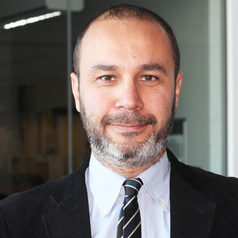The Rise of FRAND Interim Licenses
Standard Essential Patents (SEPs) are at the heart of global technology markets, particularly in 4G/5G communications. While SEPs ensure interoperability, they also raise significant licensing challenges. As is known, to curb potential abuses, SEP holders must commit to licensing their patents on FRAND terms. However, determining what qualifies as “fair” and “reasonable” remains contentious. This…

